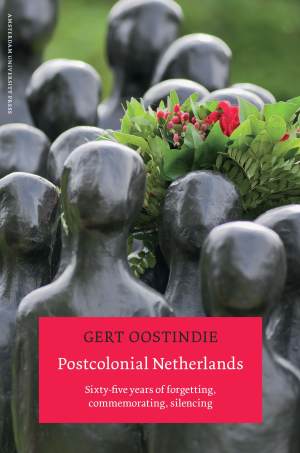"A highly readable, insightful tour through the complex world of Dutch multiculturalism. The book is arranged thematically, so that fascinating comparisons emerge among the experiences of diverse immigrant groups, enhanced by excursions into the ways that other postcolonial powers (France, England, Portugal), handle their own comparable realities."|Richard Price, the College of William and Mary, author of award-winning books including First-Time, Alabi’s World, The Convict and the Colonel, Travels with Tooy and Rainforest Warriors.|"This engaging, timely study draws upon Oostindie’s decades of intensive research and writing on slavery, colonialism, and their legacy for the Netherlands. He treats unavoidably provocative cultural issues with admirable sensitivity and balance, renders complex identity issues highly accessible, and tests his findings through comparison with selected other European societies."|Allison Blakely, Professor of Modern European and Comparative History, Boston University, author of Blacks in the Dutch World.

